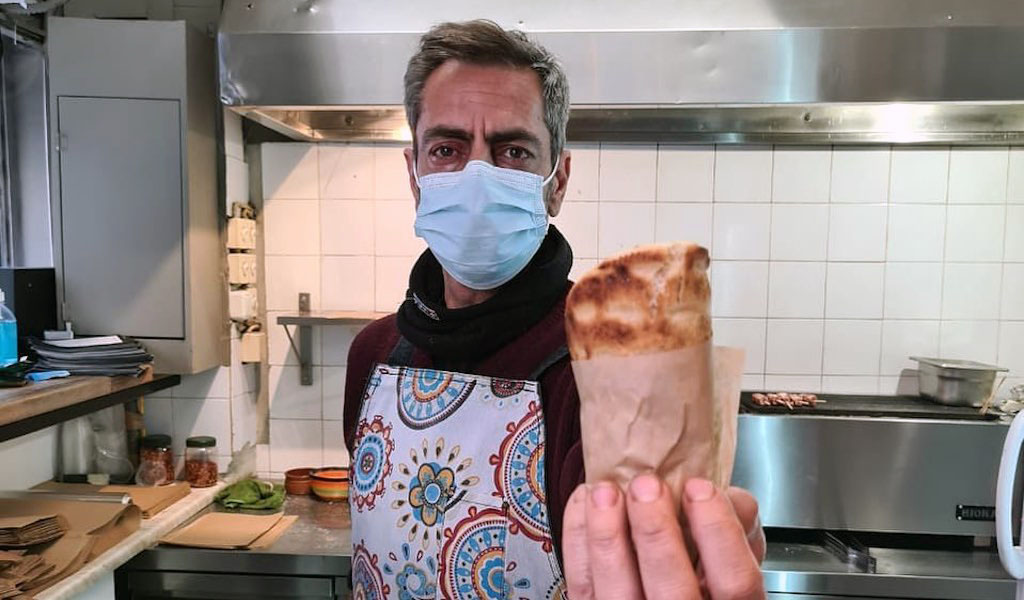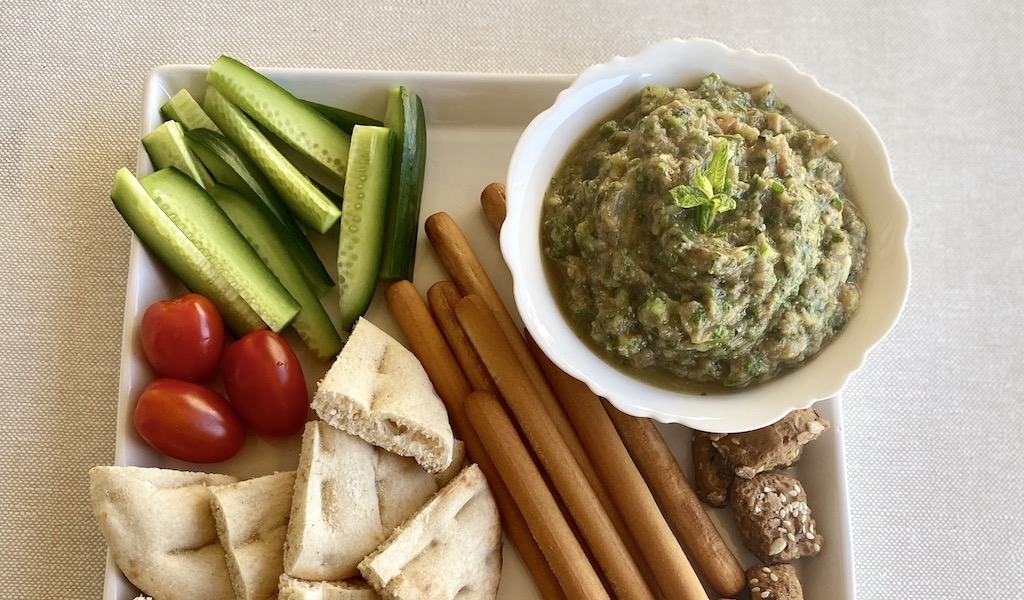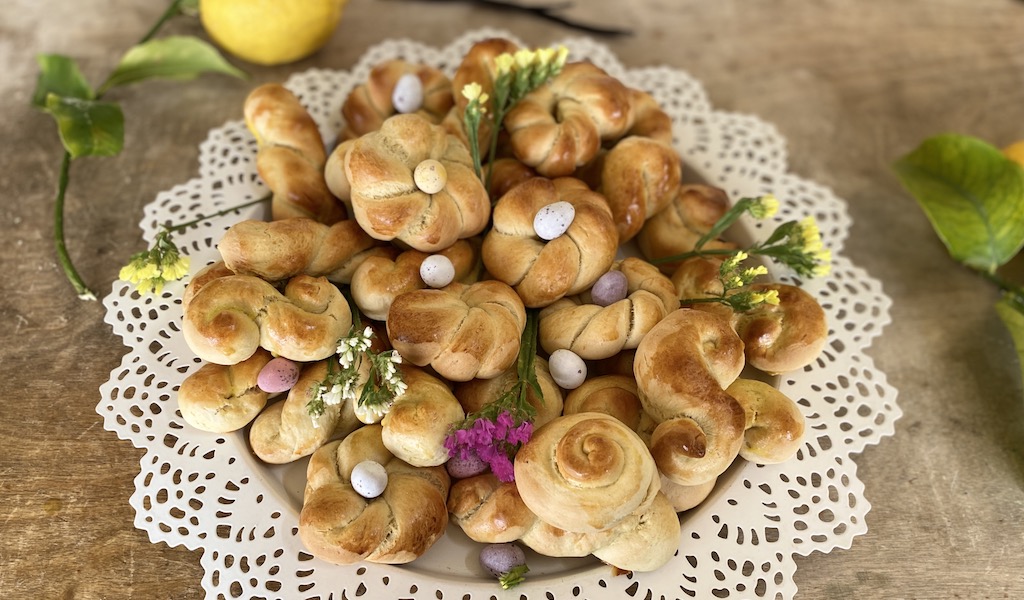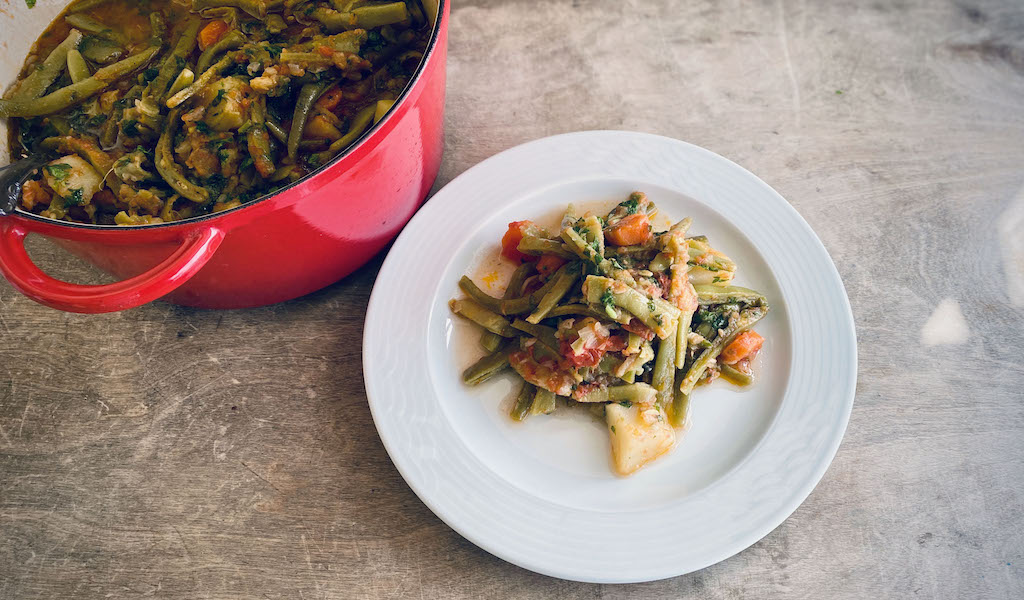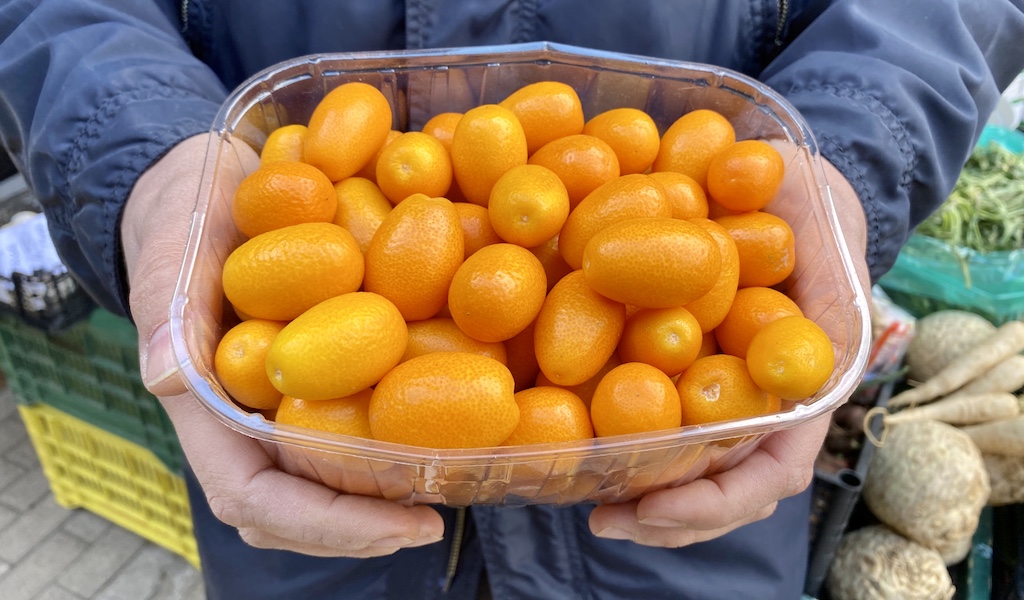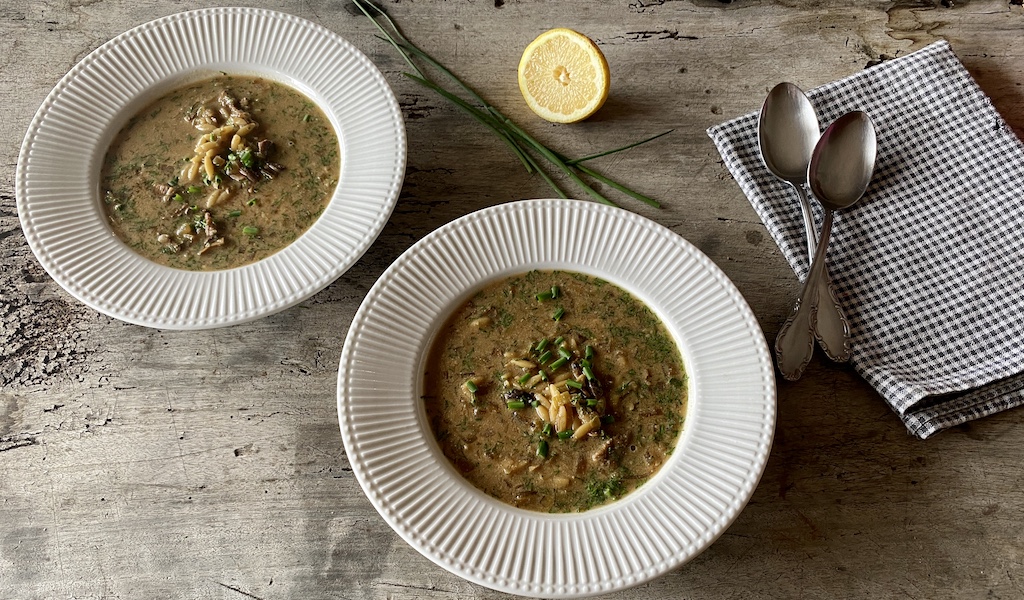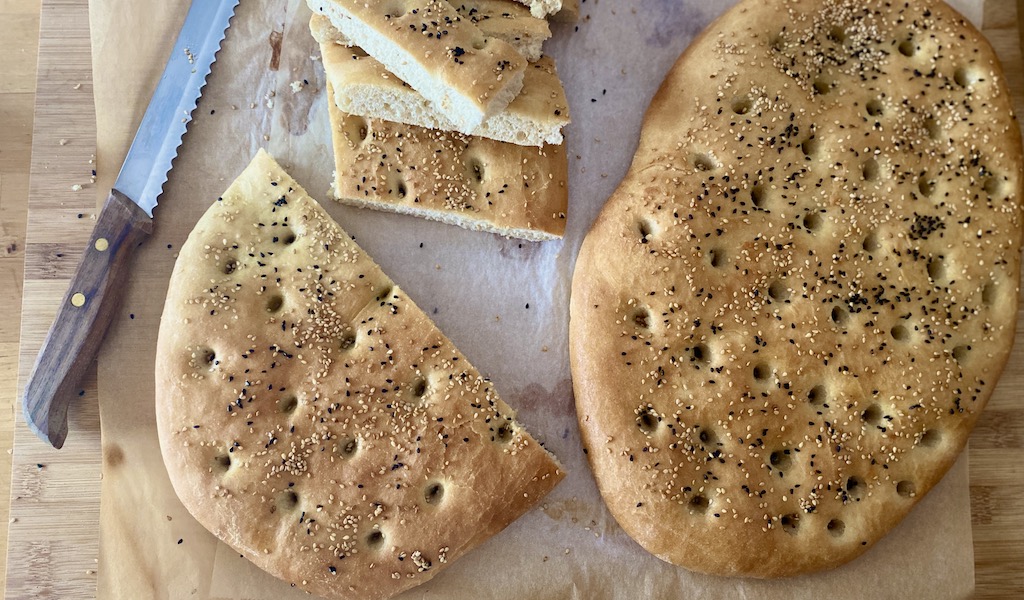We can't find the internet
Attempting to reconnect
Something went wrong!
Hang in there while we get back on track
Search results for "Carolina Doriti"
Athens
Volvi: New Souvlaki Purists On the Block
When Tasos Perdikis and Aris Doukas met a few years back – the two men were working at the same restaurant, although not in the kitchen – they bonded over their love of food. As Tasos tells it, they were both obsessed with souvlaki. Almost immediately they started making future plans to open their own souvlaki shop. They agreed on the fundamentals: simple, old-school souvlaki (which also happens to be our favorite). Made without potatoes and often not even tzatziki, this type of souvlaki spotlights the quality of the pita bread and the meat (typically pork); slices of fresh tomato and onion mixed with chopped parsley round out this divine Greek “sandwich.”
Read moreAthens
Recipe: Melitzanosalata, Greek-Style Roasted Eggplant Dip
Every decent taverna in Greece has a category on their menu called alifes (αλοιφές), or “spreads” in English. It usually includes popular choices such as tzatziki, skordalia, taramosalata, tyrokafteri, melitzanosalata and more. We treat these dishes either as mezes, to be paired with a variety of other small plates for the main meal, or as dips, which we normally order as an appetizer to start the meal. One of my favorite dips is melitzanosalata, made with roasted eggplant. Believed to originate in Southeast Asia, the eggplant was not used in Greece before Ottoman rule. Its cultivation and use gradually became widespread in the Mediterranean region during the Ottoman period; nowadays, the eggplant is a staple ingredient of Greek cuisine, as evidenced by dishes such as moussaka, papoutsakia and briam.
Read moreAthens
Recipe: Paschalina Koulouria, Greek Easter Cookies
Greek Easter – this year celebrated on Sunday, May 2 – involves a great deal of baking, from breads to cookies and sweet treats. Many of these traditional recipes are rich with symbolic meaning, usually referencing the regeneration of the earth, the blooming of spring, as well as the honoring of the dead. Some of the themes are clearly rooted in ancient Greek traditions and practices that Christianity later adopted and incorporated into their own celebrations. The egg is the star of most typical Easter recipes. An important ancient symbol of fertility, life and rebirth, eggs are also dyed for the holiday and used in various ways as decoration.
Read moreAthens
Recipe: Fasolakia, a Springtime Favorite from Greece
Vegetable main dishes abound in Greek cuisine. Those cooked in olive oil on the stovetop fall under the broader category of ladera (ladi means “olive oil”). They feature seasonal vegetables – usually one main vegetable is the star of each dish, with others adding flavor and color. In the lead-up to Easter – when there is a traditional fasting period of 40 days and lots of new vegetables come into season – ladera dishes enter the spotlight. One of my favorites is fasolakia (the diminutive of fasoli, or “bean”), which features fresh green beans cooked in tomato sauce with a few potatoes, carrots and often zucchini. It’s a dish that’s prepared all over Greece as well as in other Mediterranean countries like Turkey, with small variations.
Read moreAthens
Spring (Food) Break 2021: Kumquats, Corfu’s Jewel-Like Fruit
As winter winds down and spring begins to bloom, Stelios Charkiolakis makes space on the overflowing shelves of his produce shop in downtown Athens for crates of tiny, jewel-like kumquats. Prized by local chefs, these little treasures have come all the way from Corfu. Depending on the weather, the kumquat harvest can begin in late winter and go through early April, as Stelios, one of our favorite green grocers, explains. This year’s harvest was delayed, meaning that Corfu kumquats arrived in his shop, To Bostani, which he runs with his wife, Maria, in the Pagrati neighborhood, around mid-March.
Read moreAthens
Recipe: Tahinosoupa, Greek Tahini Soup for Lent (and Beyond)
Megali Sarakosti (Μεγάλη Σαρακοστή) is the 40-day period of Lent before Greek Easter, running from “Clean Monday” to Easter Sunday. The fasting rules prohibit consumption of any kind of meat or animal-derived products like dairy and eggs. Fish is not allowed either (with a few exceptions), but bloodless seafood like crustaceans, shellfish, fish roe, calamari and octopus are fair game. What always fascinated me is the fact that in Greek folk tradition, Sarakosti is personified as a woman, named Kyra Sarakosti (Mrs. Sarakosti), often made out of paper (still a common activity in schools – my son Apollo loves drawing her!), but also sometimes out of felt or even a basic dough.
Read moreAthens
Recipe: Lagana, Greek Flatbread for “Clean Monday”
Like Greek Easter, the Monday after Carnival Sunday is a moveable holiday – this year it falls on March 15. Known as Kathara Deftera (Καθαρά Δευτέρα), which translates as “Clean Monday,” this day marks the official commencement of the forty days of fasting before Easter, called Sarakosti (Σαρακοστή) in Greece but more generally known as Lent. (Clean Monday is celebrated exactly 48 days before Easter Sunday.) This Christian celebration is traced back to the Byzantine period. The day was named Kathara Deftera because it was (and still is) a time for cleansing, both of body and soul. It also calls for literal cleaning: For example, on the morning of Clean Monday, people traditionally washed their pots and pans using hot ash water and dyed their pavements white, practices that are less common nowadays.
Read more